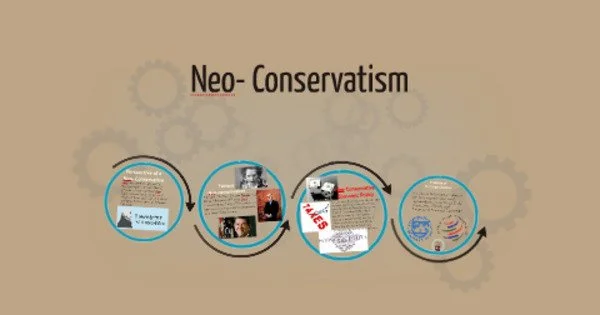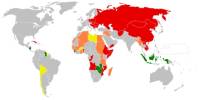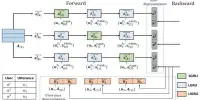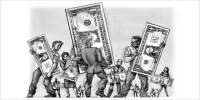A conservative who advocates the assertive promotion of democracy and US national interests in international affairs, including through military means, is referred to as a neoconservative. It is a political movement that arose in the United States during the 1960s among liberal hawks who were dissatisfied with the Democratic Party’s increasingly pacifist foreign policy as well as the growing New Left and counterculture of the 1960s, particularly the Vietnam protests. Some people began to question their liberal beliefs about domestic policies like the Great Society.
Neoconservatives are known for their opposition to communism and political radicalism, as well as their support for democracy and interventionism in international affairs, including peace through strength. It emerged in the 1970s and differs from other strands of conservatism in its foreign policy approach, which holds that security is best achieved by using US power to spread freedom and democracy, if necessary through force and without international cooperation.
Religious conservatives and neoconservatives agree that the current crisis is caused in part by the declining influence of religion in people’s lives. People who lack a sense of something bigger than themselves, something transcendent and eternal, are more likely to turn to mindless entertainment, such as drugs and alcohol, and to act selfishly and irresponsibly.
Religion, at its best, serves as a social glue, binding families, communities, and countries together. Religion, at its worst, can be fanatical, intolerant, and divisive, tearing communities apart rather than uniting them. Most neoconservatives believe that the principle of church-state separation, as enshrined in the First Amendment to the U.S. It’s a good idea to have a constitution.
Prominent neoconservatives in the George W. Bush administration included Paul Wolfowitz, Elliott Abrams, Richard Perle and Paul Bremer. While not identifying as neoconservatives, senior officials Vice President Dick Cheney and Secretary of Defense Donald Rumsfeld listened closely to neoconservative advisers regarding foreign policy, especially the defense of Israel and the promotion of American influence in the Middle East. Many of its adherents became politically influential during the Republican presidential administrations of the 1970s, 1980s, 1990s and 2000s, peaking in influence during the administration of George W. Bush, when they played a major role in promoting and planning the 2003 invasion of Iraq.
Foreign policy and war hawks who support aggressive militarism or neo-imperialism have been described as neoconservatives by critics. The term neoconservative historically refers to those who made the ideological transition from the anti-Stalinist left to the camp of American conservatism during the 1960s and 1970s. The intellectual roots of the movement can be found in the magazine Commentary, edited by Norman Podhoretz. They spoke out against the New Left, helping to define the movement.
The modern liberal ideal of cultural diversity, or multiculturalism—the principle of not only tolerating but also respecting different religions and cultures and encouraging them to coexist harmoniously—is also held by neoconservatives to undermine the traditional culture of any country that attempts to put it into practice. It also encourages “political correctness” excesses—that is, an overly acute sensitivity to offending people from different backgrounds, perspectives, and cultures.
















